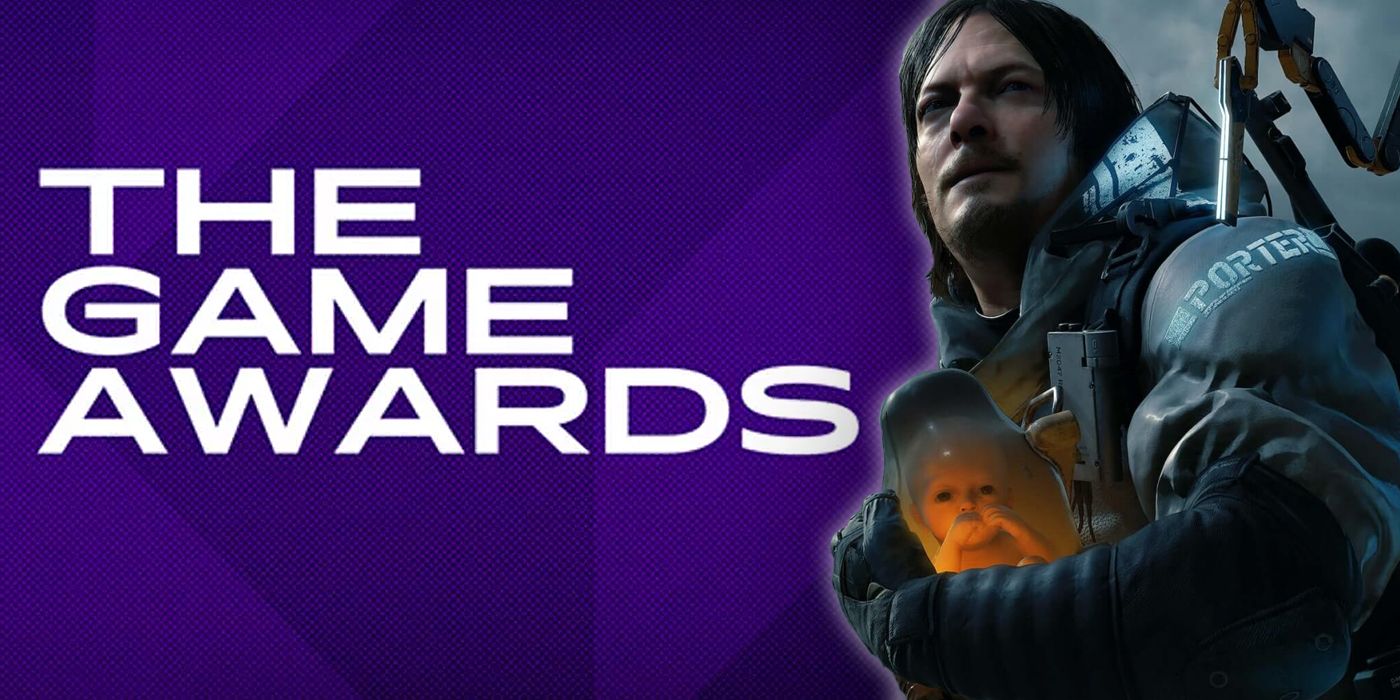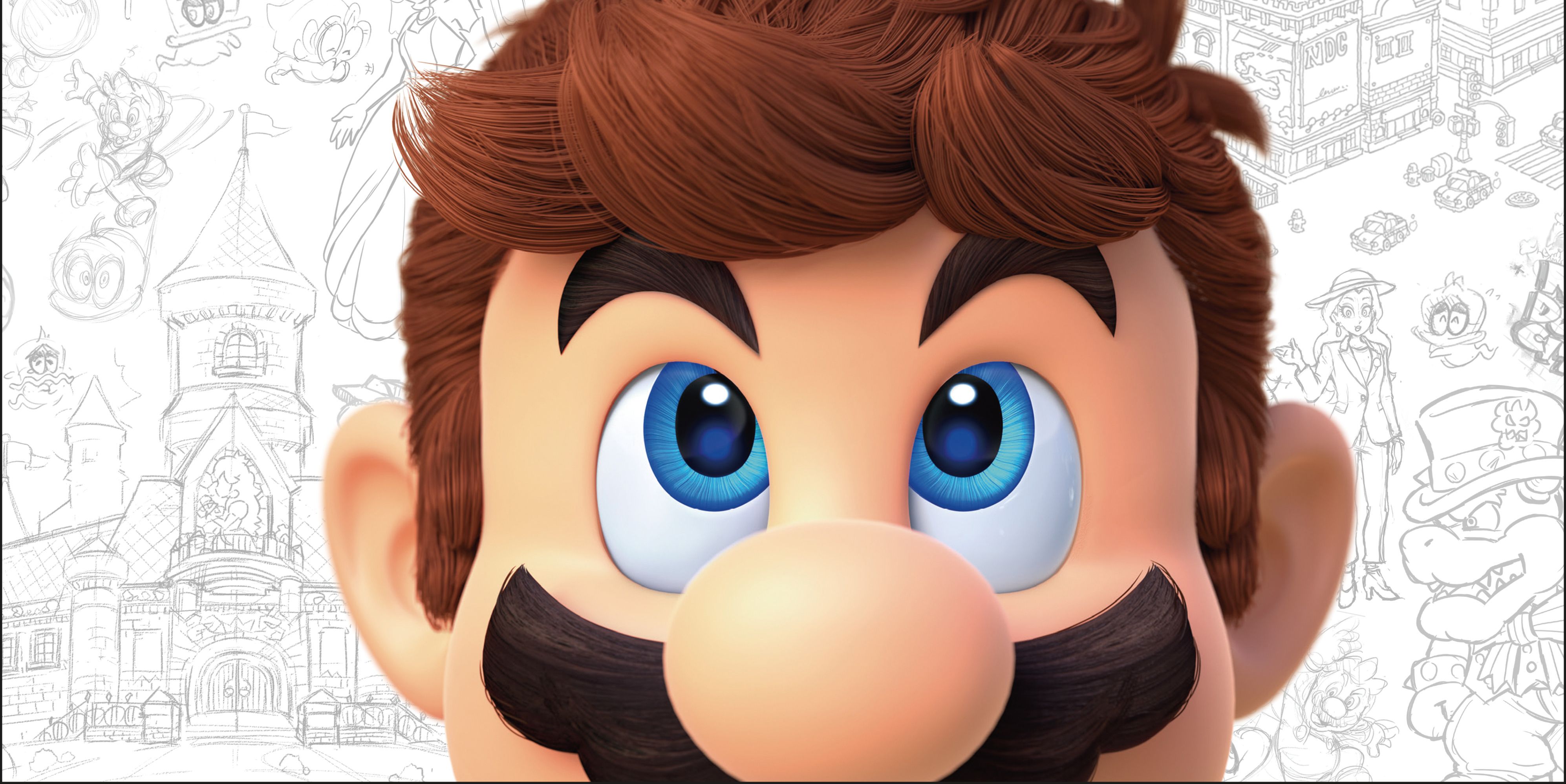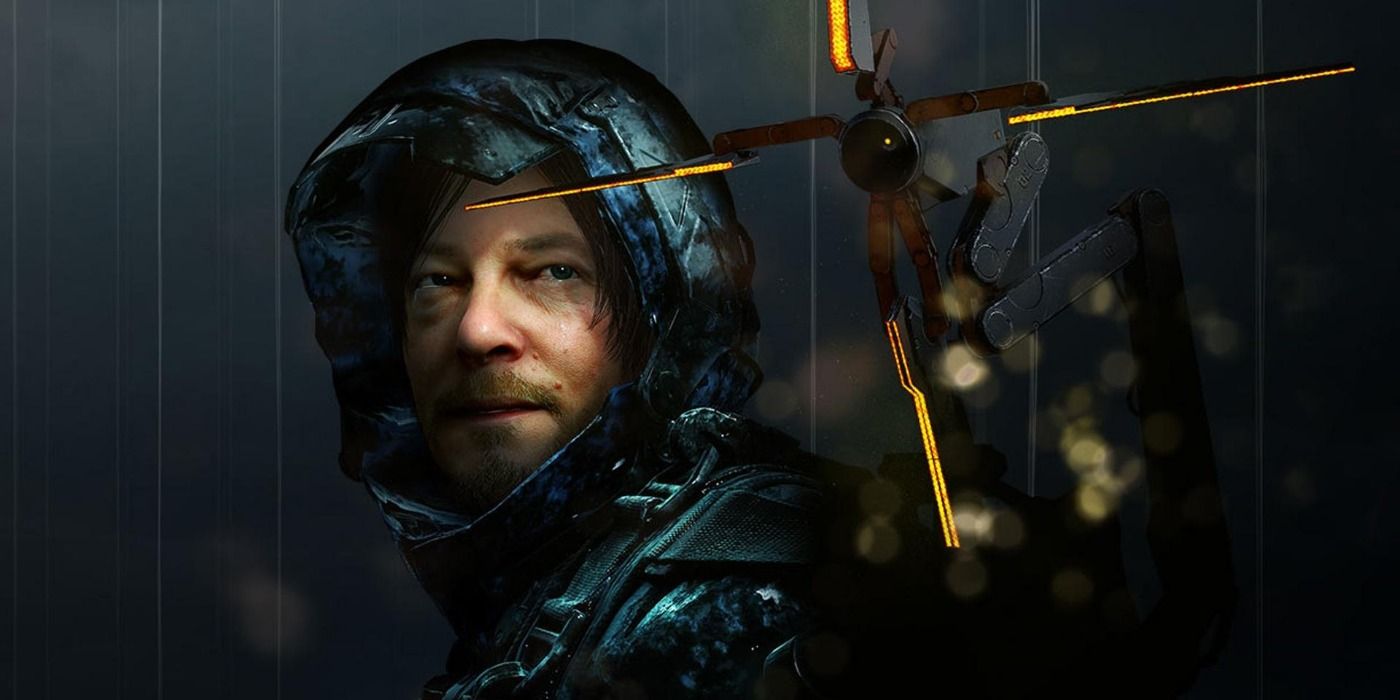After spending years vying for cultural relevancy, video games are a widely accepted art form, and with art comes awards. The Game Awards have been attempting to paint itself as akin to other major awards ceremonies like the Academy Awards since its inception in 2014. However, unlike the Oscars, the Game Awards have arguably struggled to find widespread relevancy.
While viewership has been rising steadily over the years, it's still not clear if the Game Awards mean anything to the average gamer.
The Game Awards have an unusual way of setting things up. The nominations for various categories are determined by a voting jury that's made up of staffers from video game news and review outlets from around the world. Once that is done, votes from that jury and online participants to determine who wins. These final results are weighted 90/10, in favor of the voting jury. While this set-up theoretically gives the public a chance to voice their opinion, it also keeps things fair with a neutral jury.
However, that set-up still leaves the Game Awards open to considerable criticism. Even though the online voting matters in only the closest of ties, some people assume these results are rigged in favor of popular games with rabid fan-bases who take part in mass voting campaigns
Awards like the Oscars are chosen by select groups of people working in the industry. While this arguably creates an elitist environment that focuses on rewarding certain types of films, the reputation of the Academy Awards as a whole is still relatively strong. Even if some of their decisions aren't respected, the institution is, which is something the Game Awards desperately needs.
In its short history, the Game Awards have been mired in accusations of bias towards certain figures within the industry, most notably Hideo Kojima.
The Game Awards have been hosted by Geoff Keighly since it's inception, and in the show's second year, Keighly made an impassioned speech on behalf of Kojima being banned from the awards by Konami. Ever since then, Keighly has been a vocal supporter of the legendary developer, and he even made a cameo in Kojima's latest game, Death Stranding. This was quickly brought up when this year Kojimas newest game, Death Stranding, received nine nominations.
Is Death Stranding an amazing game? By most accounts, it is. However, there's still the appearance of impropriety, considering Kojima's history with the ceremony. Kojima sits on the Game Awards' "Advisory Board," which supposedly has no say over which games get nominated. Still, he was presented with the Industry Icon award just a year after Keighly's viral speech, and Death Stranding was heralded with nominations just a few weeks after its release.
While this would be enough to mire any awards in controversy, the Game Awards also have to deal with the console wars. Microsoft or Nintendo fans might see any Sony-exclusive titles winning awards as favoritism, 0r vice versa. To some of the most hardcore gamers out there, recognizing any game that's not on their platform of choice effectively robs the Game Awards of any credibility.
On top of all that, the name of the Game Awards biggest prize, "Game of The Year," has lost its meaning at this point. For decades, dozens of titles have been rereleased as Game of The Year editions. With a phrase that's been repeated so often and applied to so many games, it just doesn't command the respect that it could, and that's just another giant hurdle to the award meaning anything.
While the gaming industry deserves an awards show that celebrates its achievements every year, the Game Awards hasn't proven that it's that show yet. With a seemingly impossible-to-please crowd that could rally around any perceived slight, the show has a difficult path to being taken seriously that it's own partially following.



